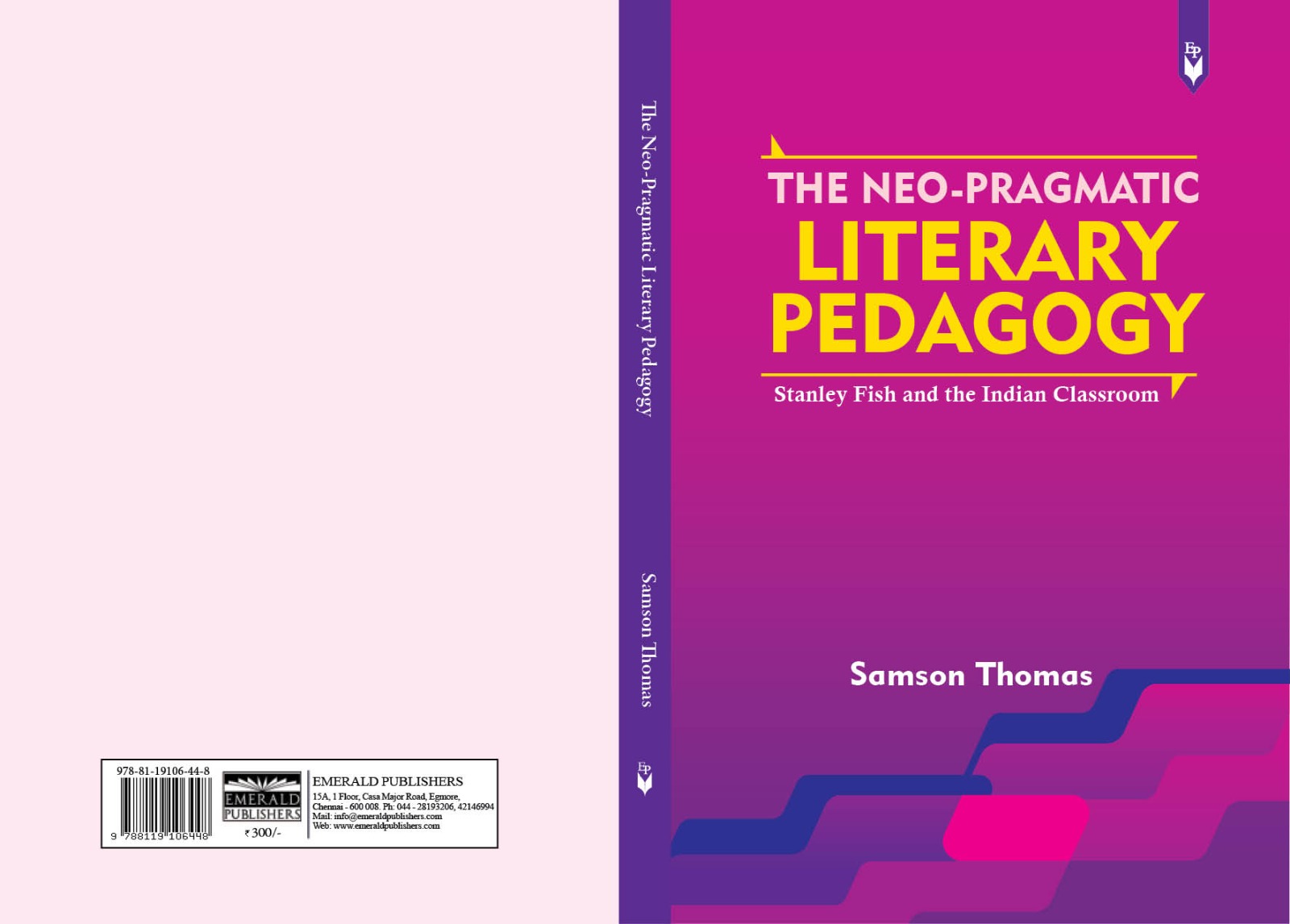-
Genre:Literary Studies
-
Originally Published:
-
Hardcover:Paperback
-
Language:English
Overview
This study attempts to relate the neopragmatic theory of interpretation and literary pedagogy to the Indian classroom, using Stanley Fish’s theory of interpretation and the pedagogy it suggests as the illustrative example. This study does not seek to impose neopragmatism and Fish on the Indian classroom. The effort to relate Fish’s literary pedagogy to the study of English literature in the Indian classroom has been inspired by the belief that even in these postmodern times, analogy is an important tool in historical analysis. This is more so when the focus is on the cultural history of a society.
This study further assumes that the teaching of English literature in India is facing a major threat from the move to replace English language education with functional literacy in English, a move necessitated by the emergence of English as a global language of commerce, and hence seems irreversible. Training for a profession or vocation is one of the guiding principles of The New Education Policy 2020 (NEP 2020), and the mandatory internship for Undergraduate and Postgraduate students is proof of the move in the direction of vocational education, contrary to the policy-makers’ claim that the spirit of NEP 2020 is holistic education of a post-liberalism kind. This situation is somewhat like the one that literary studies in America is struggling to deal with. This problem was sidelined during the cultural wars of the 1990s between the traditional right and the new left. Both groups worked with the assumption that practice within the academy had a direct bearing on society. As a result, their critical energies were spent on finding ways of effecting or preventing the changes that the interpretation of social reality would bring about. Stanley Fish, Gerald Graff and Patrick Colm Hogan, William Cain are some of the voices that tried to remind the critics and historians of the more serious threat to the discipline, even as they defended the academy’s freedom against bureaucratic intervention.
BOOK DETAILS
- Hardcover: Paperback
- Publisher: Emerald Publishers
- Language: English
- ISBN-10: 9788119106059
- Dimensions: 1/8 DEMY
PREVIEW
Gallery Empty !


